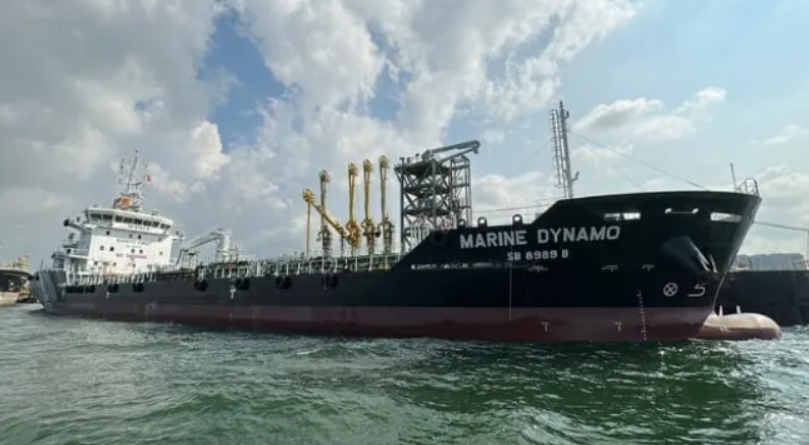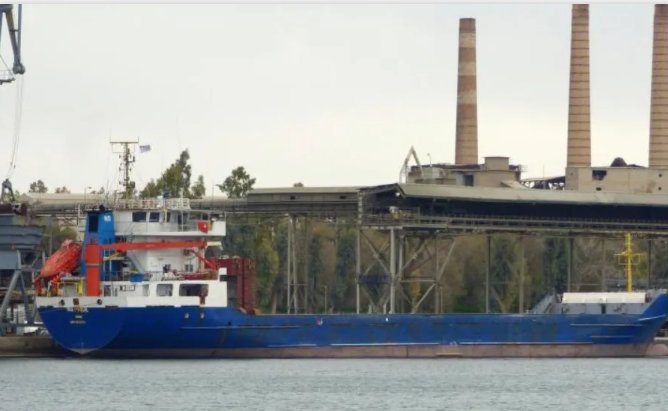Sea-Intelligence reported that global schedule reliability declined in July 2025, marking the first drop since January this year.
In July 2025, global schedule reliability decreased by 2.2 percentage points month-on-month, falling to 65.2%—the first decline since January. However, reliability showed a significant year-on-year improvement, rising by 13 percentage points compared to July 2024. The average delay for late vessel arrivals also increased slightly by 0.14 days, reaching 4.68 days.
Among the top 13 carriers, Maersk led with the highest schedule reliability at 80.6%, followed by Hapag-Lloyd at 74%. Six carriers achieved reliability between 60% and 70%, while the remainder ranged from 50% to 60%. HMM recorded the lowest reliability in July at 50.7%.
The report also highlighted alliance performance using a dual-metric approach introduced in February 2025 to reflect structural changes, which will be consolidated once new alliances are fully implemented.
Between June and July 2025, Gemini Cooperation achieved the highest reliability, with 92.0% of all arrivals (including origin regions) and 89.6% of trade arrivals (destination-focused). MSC followed at 76.5% and 76.2%, respectively. Premier Alliance lagged behind with 54.6% for all arrivals and 54.8% for trade arrivals. The Ocean Alliance posted a reliability of 69.4%.

Last
Two Vessels Collide off Singapore, Minor Fuel Spill Reported
On Monday, September 1, a collision occurred near Singapore involving the tanker Marine Dynamo (8,270 DWT) and the bulk carrier Fl

Next
Belize-Flagged Cargo Ship NS Pride Strikes Unknown Explosive Near Odesa
On August 31 local time, the Ukrainian Navy reported that the Belize-flagged cargo ship NS Pride struck an unidentified explosive
